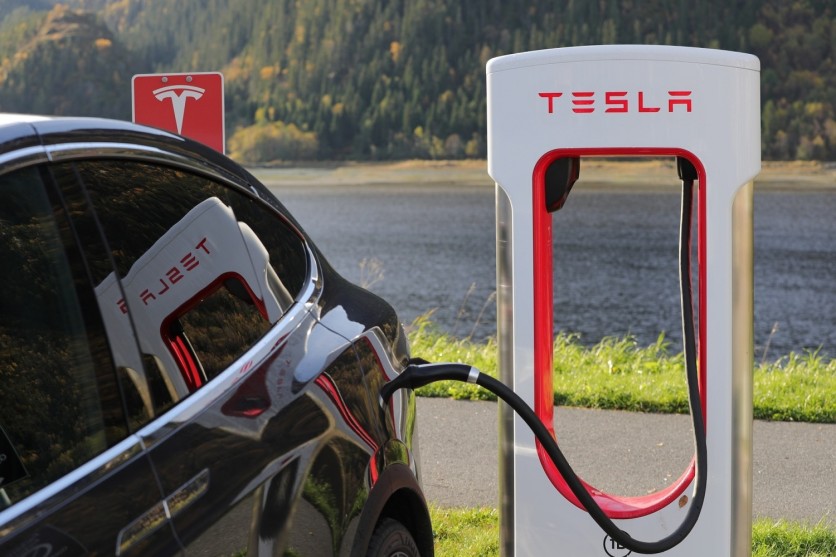Electric vehicle (EV) owners cover fewer miles than their gasoline-powered counterparts, translating to lower emissions savings from EVs, according to a comprehensive study by researchers from the George Washington (GW) University and the National Renewable Energy Laboratory.
The findings challenge existing assumptions among regulatory bodies like the Environmental Protection Agency (EPA), which said that EV owners drive their cars about the same number of miles as gas vehicle owners, prompting a reevaluation of emissions savings attributed to EV adoption.
Disparity in Mileage on EV and Gasoline-Powered Counterparts
Analyzing odometer data from a staggering 12.9 million used cars and 11.9 million used SUVs from 2016 to 2022, the study revealed a notable disparity in mileage between battery electric vehicles (BEVs) and their gasoline-powered counterparts.
BEV cars were found to be driven nearly 4,500 miles less annually. The research underscores the importance of understanding how driving habits influence the environmental impact of EV ownership.

John Helveston, co-author and Assistant Professor of Engineering Management and Systems Engineering at GW, emphasized the significance of high-mileage drivers adopting EVs for maximum positive environmental impact.
"People often assume that buying an EV is good for the environment, and it generally is, but the impacts scale with mileage," Helveston said in a press statement.
"Our study shows that the current generation of EV owners aren't using them as much as gas cars. For maximum impact, we need the highest-mileage drivers behind the wheel of EVs rather than low-mileage drivers," he added.
The study noted that while electric vehicles generally have lower emissions over their lifetime, the actual environmental gains depend on the distance they travel.
Substituting a high-mileage gasoline vehicle with an EV resulted in substantial emission reductions. Furthermore, the study delved into the mileage patterns of Tesla BEVs in comparison to non-Tesla BEVs.
Despite Tesla's prominence, along with features like extended range and a well-established fast-charging network, Tesla EVs were found to be driven less than conventional gasoline cars, yet more than other EV models.
Read Also : Startups Offering EV Battery Health Tests Scramble to Help Buyers Determine the True Value of Used EVs
Shaping Emissions Standards
These findings hold implications for policymakers and regulators tasked with shaping emissions standards. The study challenges prevailing assumptions about how far electric vehicles are driven, which could lead to overestimations of emission reductions.
It emphasizes the importance of comprehending not only who adopts EVs but also how they integrate them into their everyday routines. Factors influencing EV owners' driving habits were discussed, including potential limitations of charging infrastructure, particularly for long-distance travel.
The presence of multi-vehicle households may also contribute to the observed mileage patterns, as owners may distribute their annual mileage across multiple vehicles.
While not the primary focus of the study, the researchers noted that the findings also have implications for electricity grid planning. Anticipated electricity consumption from widespread EV adoption may need adjustment based on actual driving habits.
Additionally, it is essential to consider the emissions associated with producing battery-powered EVs, as they typically have higher upfront emissions than gasoline vehicles.
That means it takes longer to offset these emissions if the EVs are not driven extensively, according to the study. The findings of the team were published in the journal Joule.
Related Article : Honda Announces Access to Largest EV Charging Network in North America After Forging New Agreements





